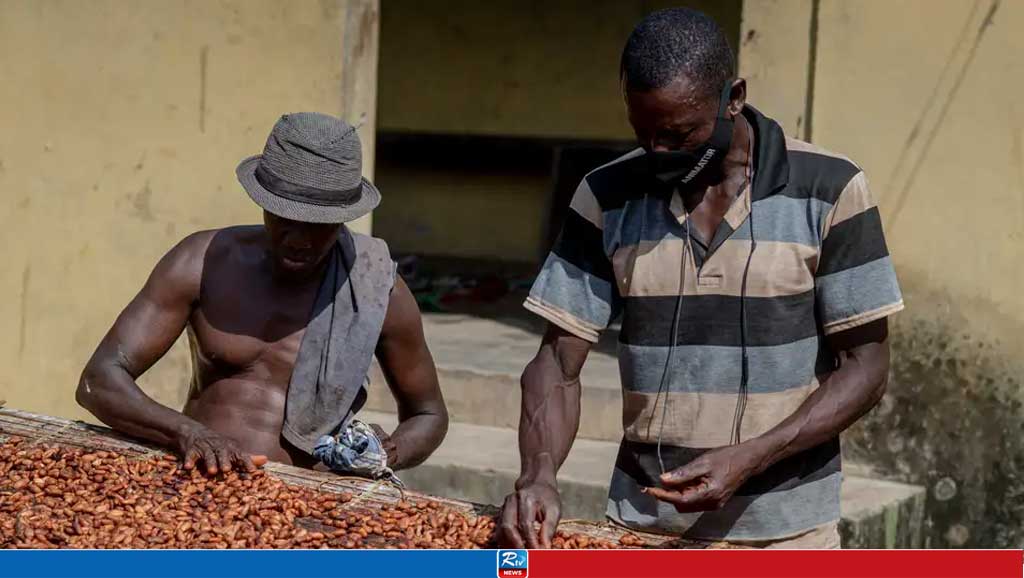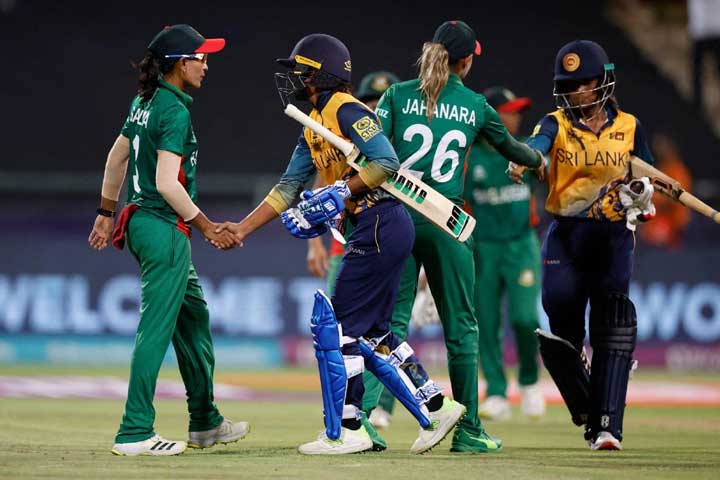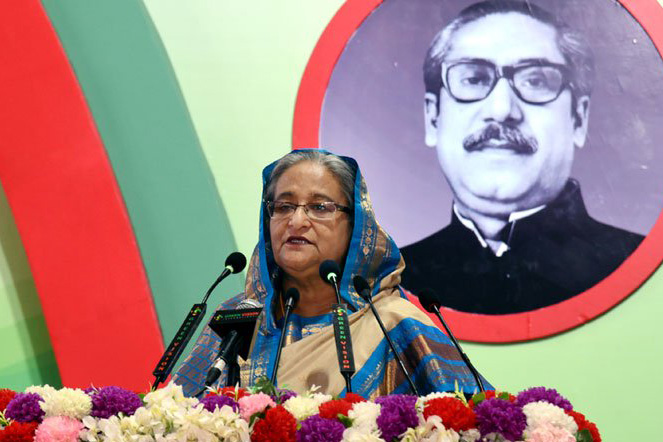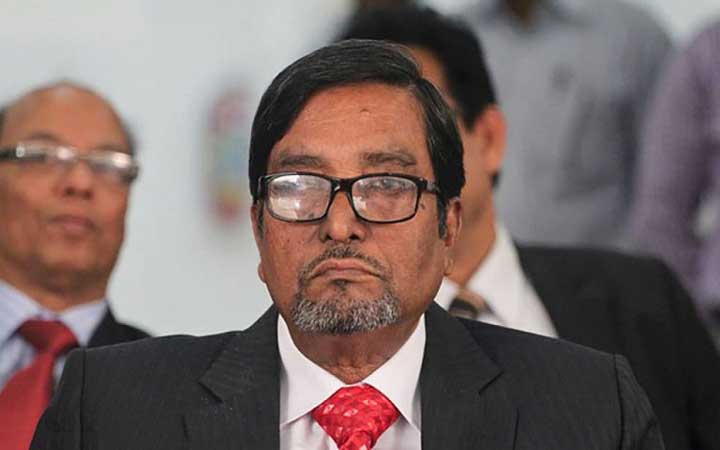Ghana's cocoa farmers are losing out, despite record prices
The price of cocoa on the global market soared to a record high in April, but African farmers are struggling to make ends meet. In countries like Ghana, the local pricing system has left many frustrated and hopeless.
In the Afigya Kwabre district of Ghana's Ashanti region, people like Kingsley Owusu are known for growing Ghana's leading cash crop. Owusu and his community have been growing cocoa beans for over 30 years.
For many years, the cocoa harvest allowed him to take care of his children, who have all grown to adulthood. But now, at the age of 60, Owusu is worried about his own livelihood.
"My production levels have gone down because of climate change and diseases. And illegal mining activities are also contributing to this," Owusu told DW, adding that he barely makes enough to get by.
Owusu used to produce about 10 bags of cocoa per season, but now he struggles to fill even three. As a result, he has far less cash in hand than he used to.
Ghana steps in to help farmers
The Ghana Cocoa Board (COCOBOD), which regulates the sector, recently announced that it would significantly increase what it pays cocoa farmers per ton.
COCOBOD said in a statement that "the increase in the producer price of cocoa has become necessary to enhance the income of cocoa farmers."
From the previous rate of 20,928 Ghanaian cedis (€1,460/$1,557) per ton, it pledged an increase of nearly 60%, meaning it would pay farmers 33,120 cedis per ton moving forward. That translates to 2,070 cedis per bag of cocoa with a gross weight of 64 kilograms.
But farmers like Owusu have taken issue with the government's new pricing policy.
Ghana farmers feel left out of decision-making
"Per the world price, we should be receiving more," he told DW, highlighting that this month, the price of cocoa on the world market had reached $10,000 per ton.
The price for cocoa is chiefly determined at commodity futures markets in New York and London, which are largely driven by supply and demand.
However, the way cocoa beans are sold is based on different standards in each country, with cocoa trading systems across Africa often varying greatly in their structures.
In Ivory Coast, for example, the leading producer on the continent, farmers can sell their beans to cooperatives which they belong to, or they can trade directly with private buying companies.
But in Ghana, the world's second-largest exporter of the precious bean, there is a long-established mechanism which limits farmers in a number of ways. They cannot trade with external buyers, and thus lack control over their own pricing.
They can only sell their beans to the state agency COCOBOD, which then trades that product on the global market.
Moses Djan Asiedu, board secretary of the West African Cocoa Farmers Organization, agrees with the concerns voiced by local farmers in Ghana. "COCOBOD is a pricemaker, and the price established [is] beyond [the control of] the farmers. And we think that the facility that is establishing the price is not a fair thing," he told DW.
Ghana's centralized cocoa policy aims to stabilize market
Meanwhile, the spokesperson for COCOBOD, Fiifi Boafo, told DW that when cocoa prices on the global market increase, it does not immediately affect farmers' pockets.
"The increment in price [changes] at the international market is something that we get excited about — excited because this provides farmers with opportunities to improve revenue," he explained, adding that they deal in "forward sales" with farmers.
But Ghana's policy of forwarding cocoa sales prices means producers are reliant on the prices the government agrees to, without having an independent say in the matter.
COCOBOD said this policy is intended to allow for both the government and cocoa-producing farmers to have some collective control over the mechanisms of supply and demand on the commodities market, securing future cocoa supplies to address any risks in price volatility while also stabilizing the market.
But Asiedu said this arrangement leaves cocoa-producing countries like Ghana helpless in securing fair pricing for all, and said this must change. "There is no fairness. That is why COCOBOD also agrees to [accept] whatever is given," he said.
Malawi's first and only female chocolate farmer
Asiedu said local farmers in Ghana deserve to get more than just a fraction of the price their beans are sold for, and blames government involvement in the production process for shortchanging producers.
"The government only [looks at] the cost involved in handling the cocoa before they offer a price for the farmers," he told DW.
Boafo agreed that this policy of forward selling Ghana's cocoa may not present farmers with opportunities to reap the full benefits of their output, especially now that prices are up on the world market.
However, he believes Ghana's policy also has its benefits, and that is has protected farmers in the past by establishing reliable rates for their crops.
Are farmers facing an untamable market?
According to Asiedu of the West African Cocoa Farmers Organization, Ghana might be running out of time to save the cocoa sector. Many farmers are either abandoning their businesses or retiring without having anyone who could inherit their farm.
"Most farmers, about 70%, are overaged. And they lack the strength to maintain their farms, especially if they do not get enough money [...] for their labor. So they abandon their farms," Asiedu explained.
To halt this trend, both Ivory Coast and Ghana took an unusual step in 2019 to improve farmers' living conditions. They declared that cocoa buyers would have to pay an additional premium of $400 per metric ton of cocoa beans purchased to compensate for the changing and aging cocoa labor market — the so-called living income differential.
However, a new study by the humanitarian organization Oxfam, released at the World Cocoa Conference, shows that this approach has failed, partly on account of the rising commodity prices.
But the policy also crashed in part because traders also pay a negotiated premium for cocoa that is based on qualities like taste, fat content or bean size — what is called the "country differential."
"At least if [the price on the global market] came in at a certain level where the farmer would always be comfortable enough to still produce and the buyer would also be able to afford [cocoa], we could sustain this," Boafo told DW. "But in this situation, where the market is not working in the interest of the cocoa farmer, it becomes difficult for the sustainability of the industry."
Oxfam's study reveals that cocoa buyers simply reduced the country differentials for Ivory Coast and Ghana after these countries had introduced the $400 premium to support farmers.
No more chocolate?
Meanwhile, there is already another major crisis brewing on the cocoa horizon in these two leading producer countries: production levels have gone down drastically in recent years.
In the crop season between 2021 and 2022, Ghana produced about 750,000 metric tons of cocoa beans. But since then, cocoa production has dropped sharly. Ghana's cocoa output for the season lasting between 2023 and 2024 is now expected to be down by almost 40%.
Boafo said this shortage of beans was the trigger for recent prices surpassing $10,000 per ton on the world market.
Asiedu explained that in addition to not fetching fair prices for cocoa beans, the sector also faces serious threats from climate change and other factors.
"We now have unusual rainfall, unusual sunshine, and sometimes you cannot predict this. We also have quite a number of [other] issues, like diseases, which farmers would have to control," he told DW. "And sometimes access to chemicals to combat [diseases] also becomes an issue."
Boafo added that in order to protect the sector and fight global warming, smart farming methods needed to be adopted. "Climate change is a major concern," he said. "It is key that we are able to deal with the effects of climate change."
But whether the issue is climate change, commodity prices, pests, output rates or incentives to continue the cocoa trade, it would appear that the countries that produce the precious beans don't have much power to influence the price outcome.
That power, it seems, lies almost exclusively with the chocolate buyers and their middlemen.
35 Minute Ago













 Live Tv
Live Tv









